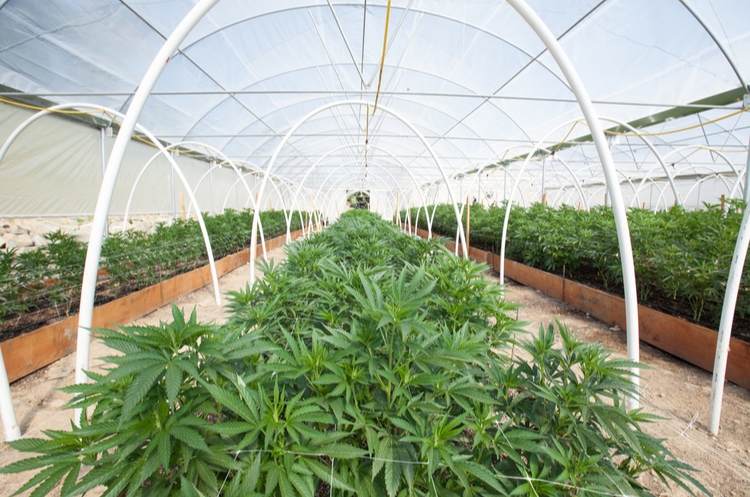Health Canada Seeks to Improve Cannabis Licensing Process Efficiency

Health Canada has announced a material change to the Cannabis Act licensing process that will affect both current and future applicants. Prospective applicants for cultivation, processing or medical sale licences will now be required to complete construction of their cannabis facility prior to the submission and review of their application.
The change is intended to minimize Health Canada’s resources currently wasted in performing detailed reviews of applications by proponents that never complete construction of their facility. Health Canada reports that approximately 70% of applicants that submitted applications under the Cannabis Act or its predecessor legislation have not submitted evidence that a cannabis facility has been built. Given that some of these applications were submitted three or more years ago, it’s presumed that a material number of such applicants will never complete their facilities, receive a licence and commence operation.
Most of the 700+ applicants already in the queue for cultivation, processing or medical sale licences will also be affected by the process changes.
If an existing applicant has received a Confirmation of Readiness letter, then there is no change in the process. However, the applications of approximately 580 existing applicants that have not received a Confirmation of Readiness letter will be subjected to a new standard of Health Canada review. Rather than undergoing a detailed application review, this new “high-level” application review will not consider (at least) Good Production Practices (“GPP”) and physical security requirements. These critical application elements will now only be reviewed after the facility is built and the applicant has submitted its site evidence package to demonstrate facility compliance. Postponing the review of detailed GPP and physical security application elements will allow Health Canada to avoid allocating resources to these tasks until there is proof that a potentially compliant cannabis facility in fact exists.
Though likely not an exhaustive list, Health Canada advises that this new “high-level” review will consider (a) licence class suitability, (b) basic site diligence, (c) applicant corporate diligence (including that all relevant individuals have been submitted for security clearance) and (d) whether all required municipal notices have been delivered.
In a conference call with applicants, Health Canada advised that it intends to have all 580 or so high-level reviews completed by the end of June 2019.
Health Canada’s news release indicates that if the application “passes” this less-than-detailed review, existing applicants will receive a “status update letter” specifying that the agency has no “critical concerns” with the application. Thereafter, the applicant can proceed to submit its site evidence package to demonstrate facility compliance. (It is not clear at this point what will happen if the high-level review reveals critical application deficiencies, but presumably applicants will be given a chance to rectify such deficiencies - and thereafter be issued a status update letter.)
It should be noted that these are Health Canada process changes only, there are no changes to the Cannabis Regulations in connection with this announcement.
To support applicants in connection with these process changes, Health Canada has updated the Cannabis Licensing Application Guide and also issued a Good Production Practices Guide for Cannabis and a Physical Security Measures Guide for Cannabis. These new guides should serve to mitigate risk created because applicants will no longer be able to obtain Health Canada input, prior to construction, on the compliance of their proposed GPP and physical security plans.
Health Canada anticipates that the above measures will free up agency resources that can instead be applied to improving application processing times. Perhaps in anticipation of such improvements, Health Canada reports that it is adopting a new 60-day service standard for review and response to an applicant’s site evidence package.
Health Canada also advises that it will continue to provide additional support to indigenous-affiliated applicants, and also to applicants for micro-cultivation and micro-processing licences.
The process adjustments announced yesterday by Health Canada will create new compliance (and potentially capital raising) challenges for some applicants, but it is welcome news that Health Canada is taking steps to address some of the inefficiencies and timing unpredictability that have characterized the federal cannabis licensing process since 2014.

